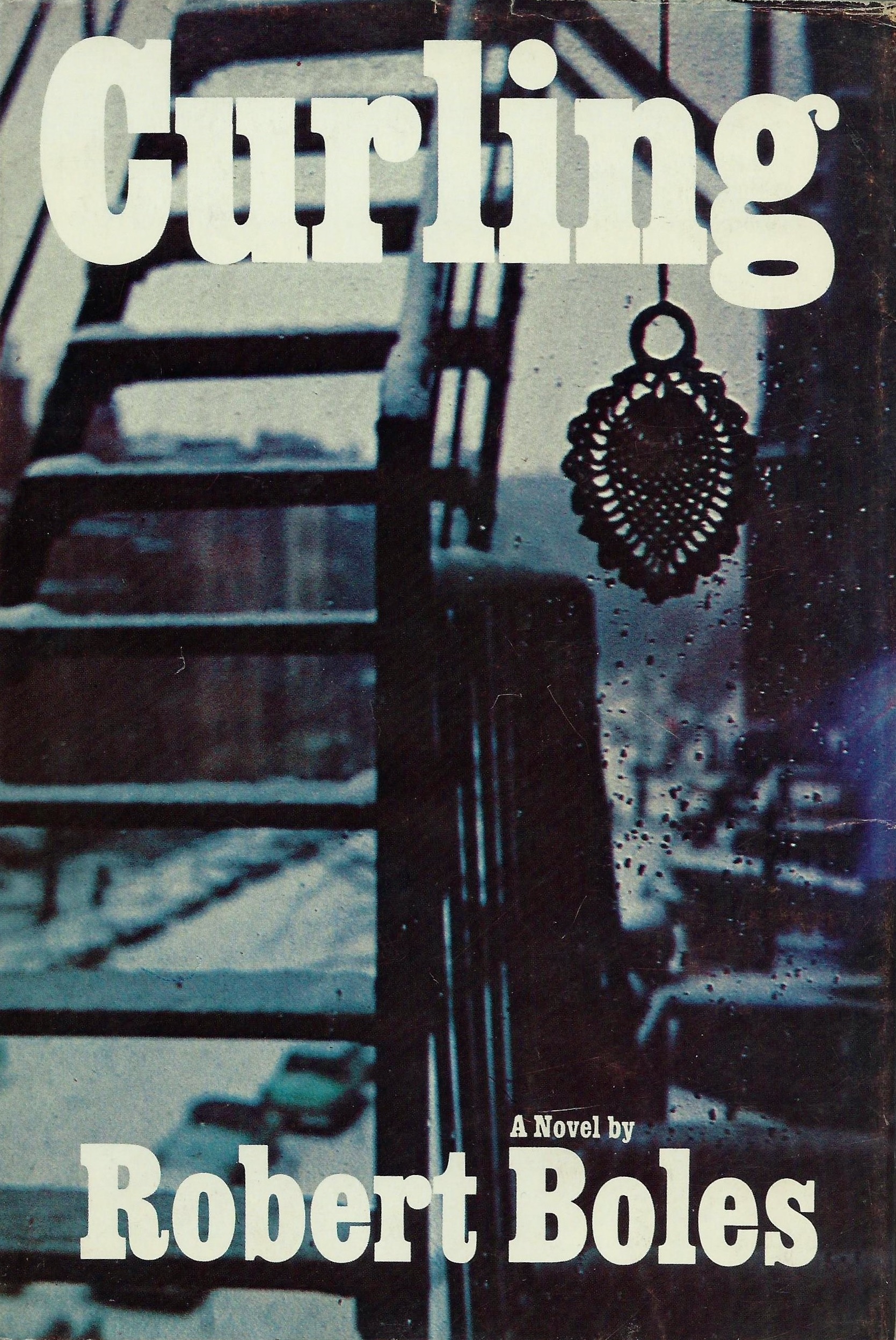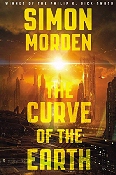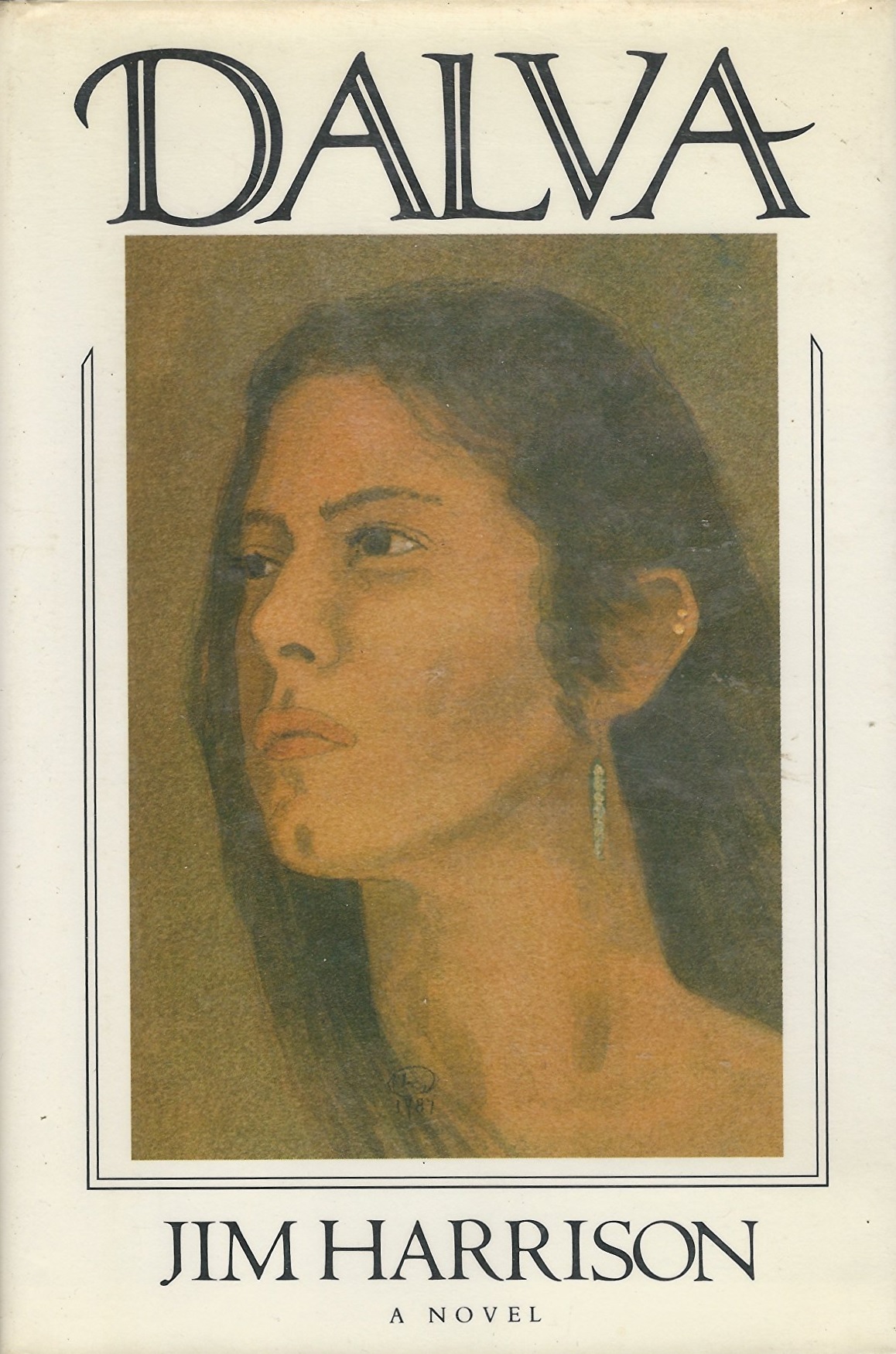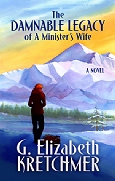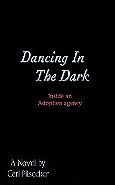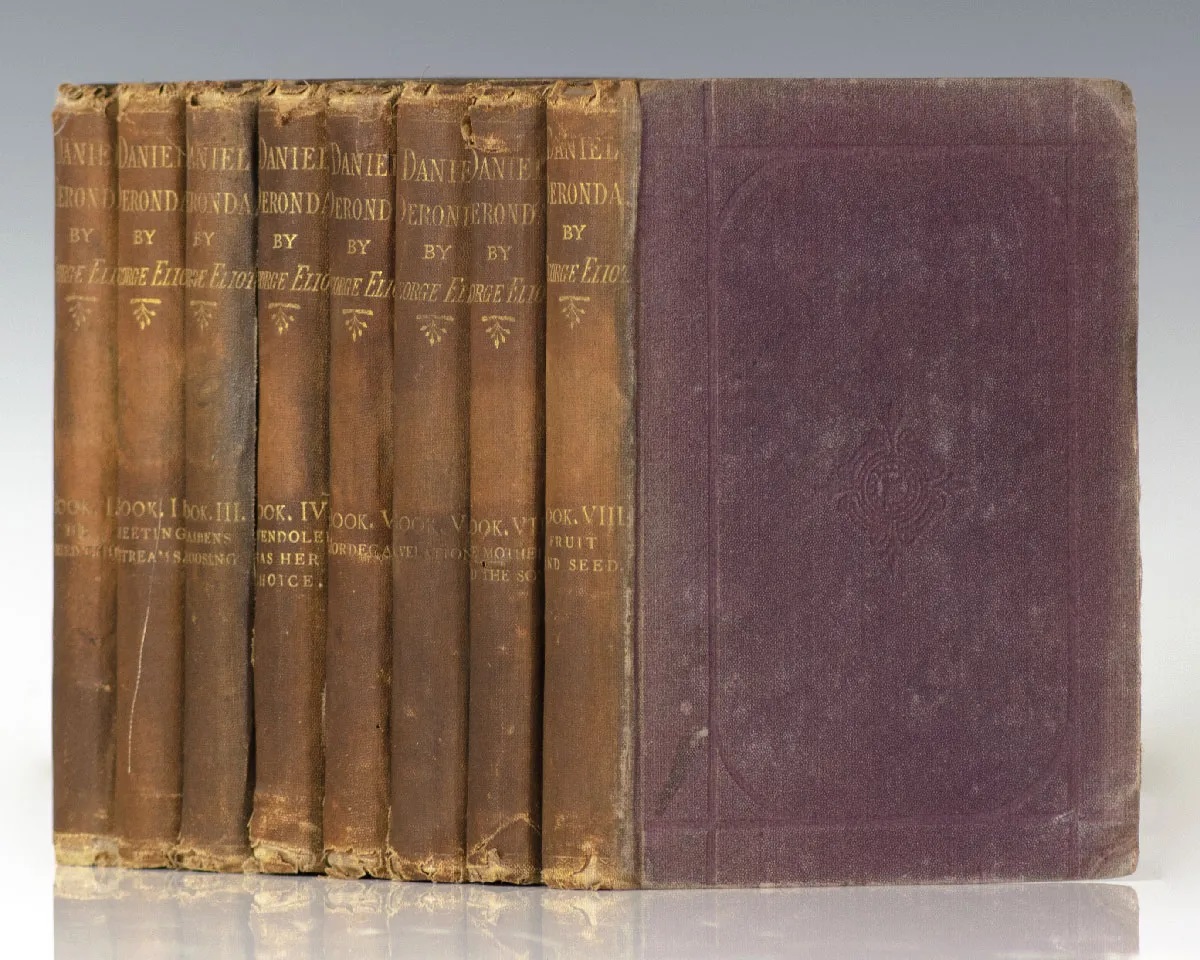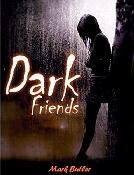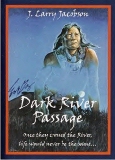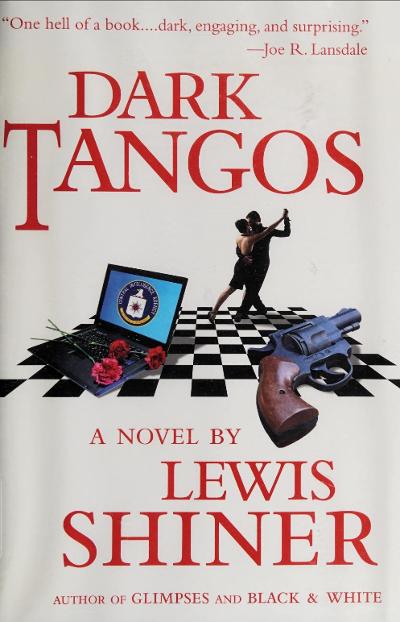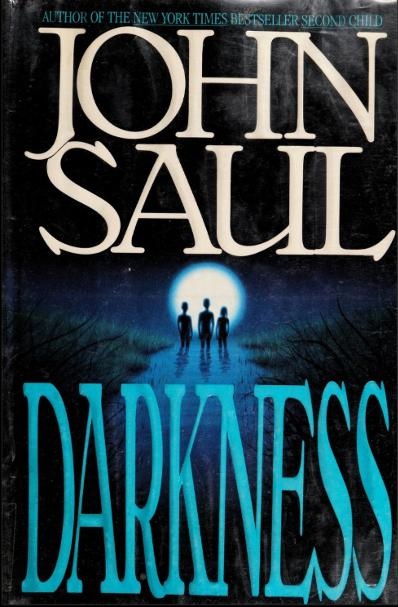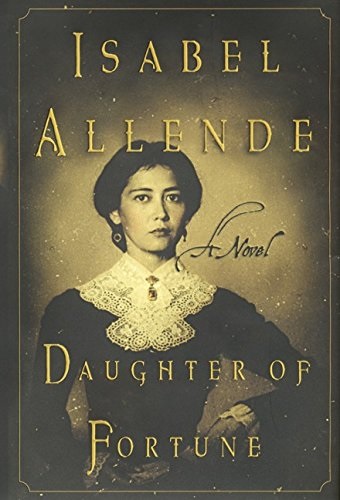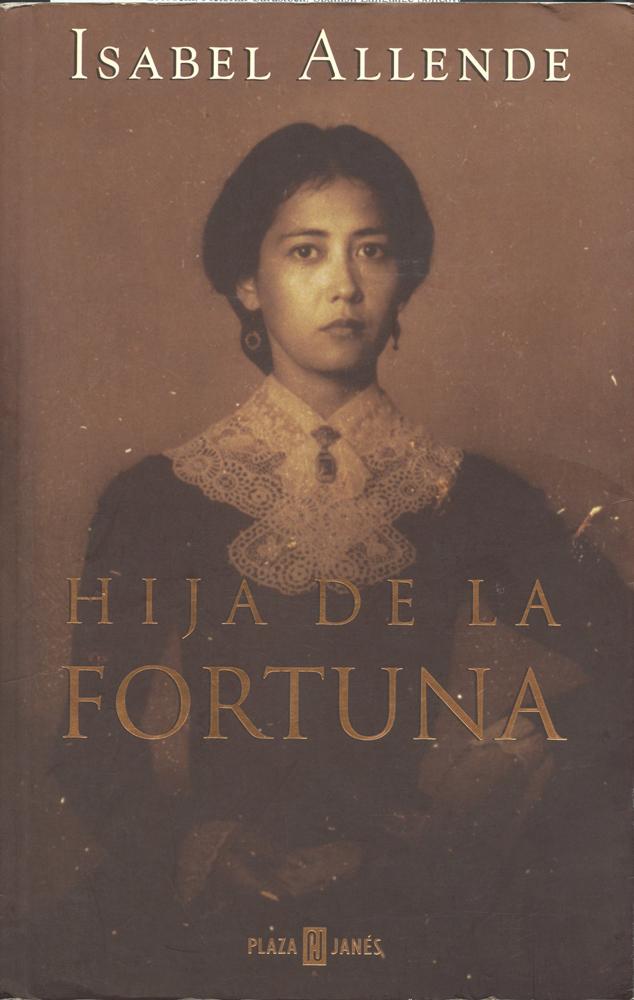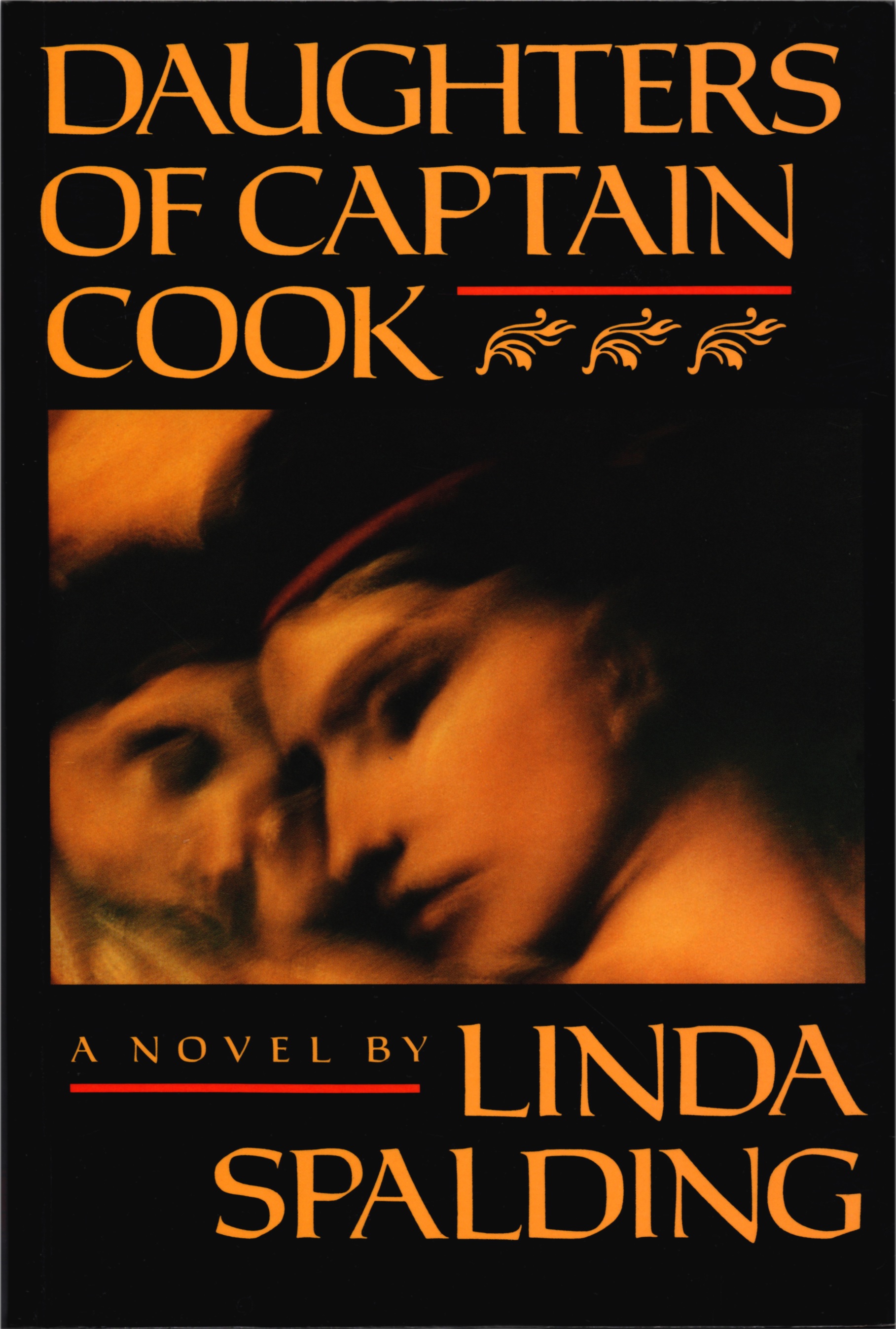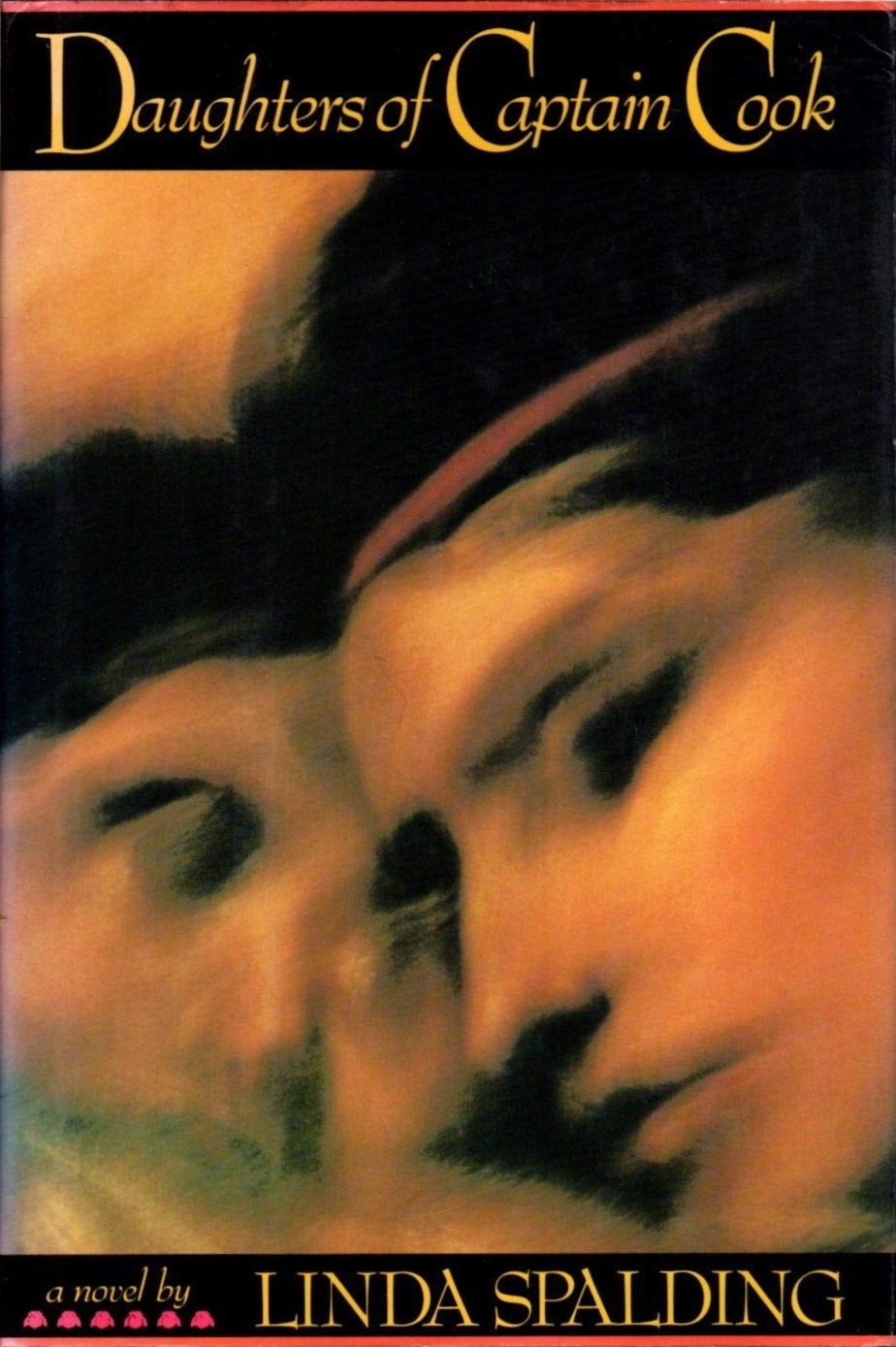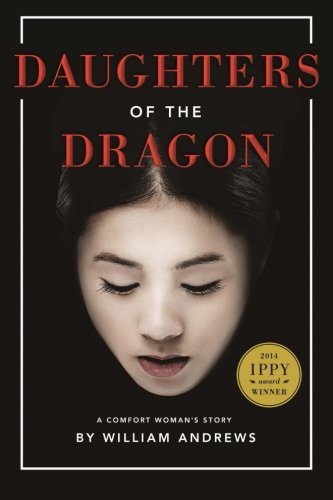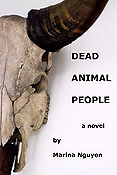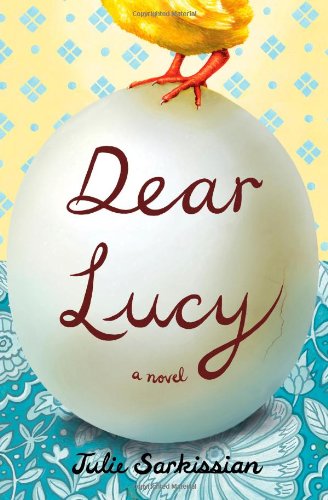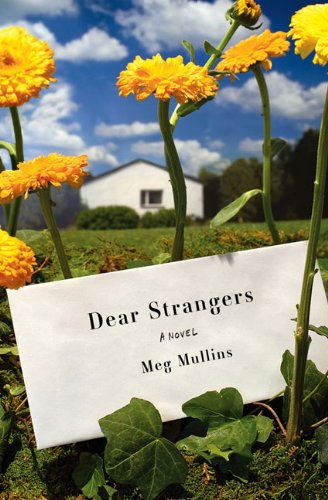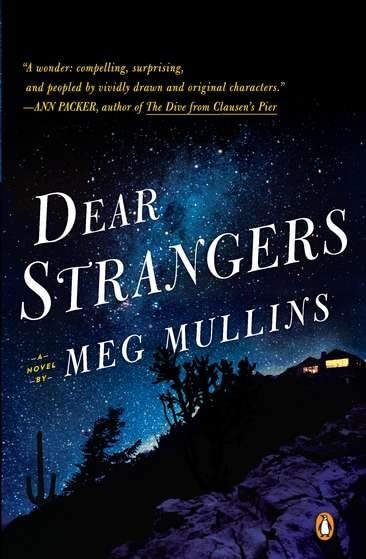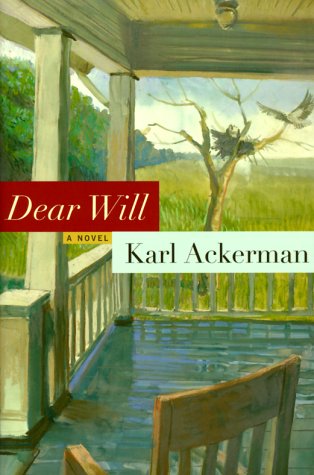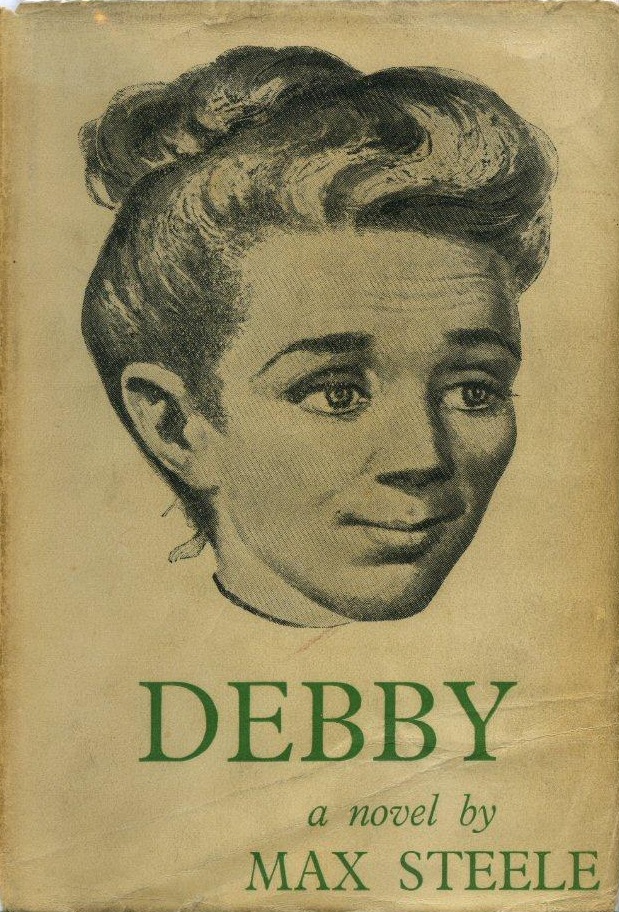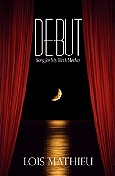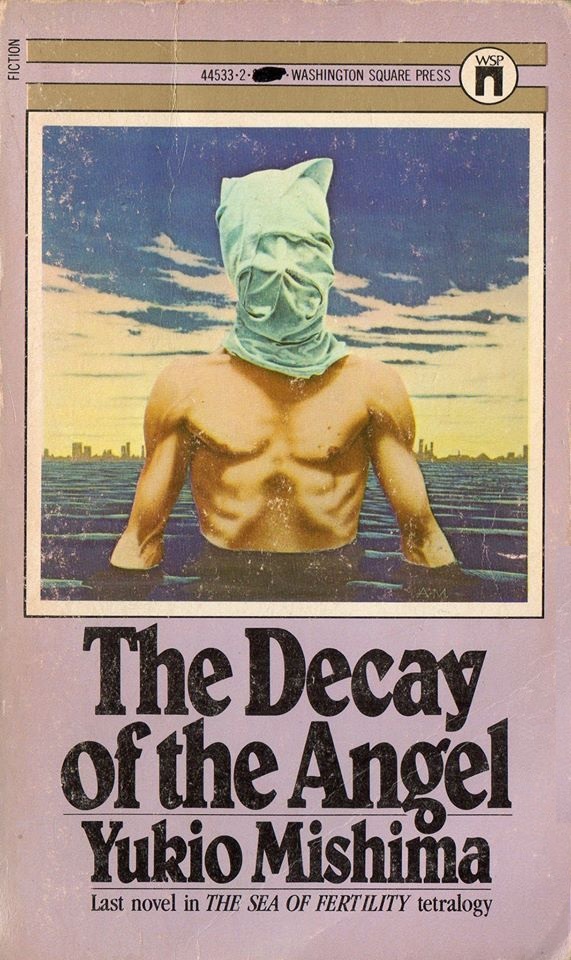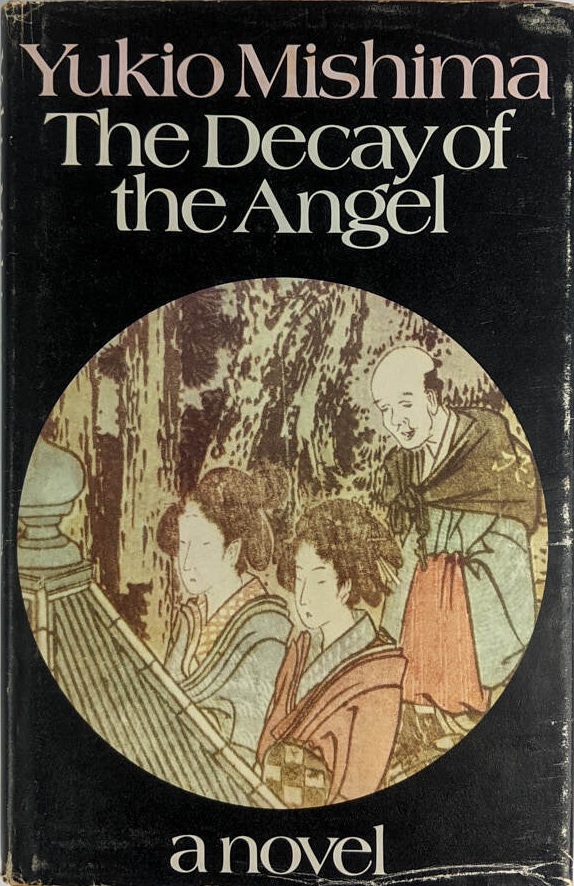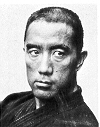From the Dust Jacket:
The publication of this, the fourth and final novel of
The Sea of Fertility, brings to brilliant completion a monument of Japanese literature—Yukio Mishima’s universally acclaimed tetralogy summing up the Japanese experience in the twentieth century. The first book,
Spring Snow, published in 1972 and memorializing the twilight of the old Japan in the first decade of the century, was followed (in 1973) by
Runaway Horses, set in the 1930s, and
The Temple of Dawn, carrying the narrative through the aftermath of World War II. In all three novels critics recognized the unfolding of a masterpiece which is now seen whole—as epic, social document, jeremiad, and elegy.
In The Decay of the Angel, in its climactic drama lit by irony and forebodings of death, themes that have branched through the earlier novels come together at last: the meaning (and decay) of Japan’s courtly tradition and samurai ideal, the essence and value of Buddhist philosophy and aesthetics and, underlying all, Mishima’s apocalyptic vision of the modern age.
The time is the late 1960s—the last years of the author’s own life. The protagonist is Honda—the young student of Spring Snow, the honored judge and legal defender of the conspirators in Runaway Horses, the philosopher-voyeur of The Temple of Dawn. He is now an aged and wealthy man. His own life nearly over, he discovers and adopts a sixteen-year-old orphan boy as his heir—identifying him with the tragic protagonists of the previous episodes, each stricken at twenty. Seeking to find in Tōru the aristocratic sensibility of Kiyoaki, the uncompromising idealism of Isao, the pure beauty of the Thai princess, Honda educates the boy, teaches him the ways of society, yet watches him, waiting...
About the Author:
On November 25, 1970, Yukio Mishima
committed seppuku (ritual suicide). Forty-five years old and at the peak of a brilliant literary career, he had that morning written the last word of the final lines of his tetralogy, The Sea of Fertility. “The tetralogy is his masterpiece, as he knew,” Donald Keene has said.
Mishima had written much about suicide and early death, and often told his friends he wished to die young. After he conceived the idea of The Sea of Fertility in 1964, he frequently said he would die when it was completed. In fact the second of the four novels, Runaway Horses, is a remarkable literary rehearsal of his seppuku. Just before his suicide, he wrote his closest friends that he felt empty, having put into the tetralogy everything he thought and felt about life and this world. “The title, The Sea of Fertility,” he told Keene, “is intended to suggest the arid sea of the moon that belies its name. Or I might say that it superimposes the image of cosmic nihilism on that of the fertile sea.”
Mishima’s works have been compared to the works of Proust, Gide, and Sartre, and his obsession with courage and the manly virtues has been likened to Hemingway’s. Arthur Miller said, “I felt Mishima had an admirable style. He was surrealistic. He was very erotic. He had an economy of means to create enormous myths—his novels are compressed visions.” A British magazine called him “one of the outstanding modern writers of fiction, possessing a complex, subtle and frightening imaginative power.”
He was often wrongly called a rightist because of his private “army” of a hundred unarmed young men, but it was not on the blacklist of the careful Japanese police because it had never been involved in violence and differed from conventional rightist organizations. It was a theatrical fantasy conceived by a poet, as was his death, about which Selig Harrison of the Washington Post wrote, “He forced the Japanese to consider where they are going more dramatically than anyone else since World War II, and he has done so with a distinctively Japanese symbolism.”
Mishima was born into a samurai family and imbued with the code that apotheosized complete control over mind and body, and loyalty to the Emperor—the same code that produced the austerity and self-sacrifice of Zen. Much of the tetralogy shows that he viewed the self-seeking arrogance and corruption of the militarists of the thirties (and their contemporary successors) as inimical to the samurai code.
His first novel was published in his school magazine when he was thirteen. A perceptive teacher encouraged him and persuaded a magazine to publish a story, “The Forest in Full Bloom,” in 1941, when Mishima (a pen name the teacher suggested) was sixteen. Three years later, when he entered Tokyo Imperial University, his first collection of stories was published under the same title and pen name. The first printing sold out in a week. In 1946 he brought two essays in manuscript to Kawabata, later the Nobel Prize winner, whose protégé he became. Altogether, 257 works by him, including 15 novels, have been published in Japan, and 77 translations here and in Europe.
Mishima reverenced and mastered the martial arts of Japan, creating a beautiful body he hoped age would never make ugly. He began to practice body-building in 1955, and kendo (dueling with bamboo staves) in 1959. In 1966 he took up karate as well. By 1968 he had become a kendo master of the fifth rank.
He traveled widely and often, and two travel books and many collections of articles are among his works. He also wrote countless short stories and thirty-three plays, in some of which he acted. Some ten films have been made from his novels; The Sound of Waves (1954, American edition 1956) was filmed twice, and one of the director Ichikawa’s masterpieces, Enjō, was based on The Temple of the Golden Pavilion (1956, American edition 1959). Also available in English are Five Modern N6 Plays (1957) and the novels After the Banquet (1960, American edition 1963), The Sailor Who Fell from Grace with the Sea (1963, American edition 1965), Forbidden Colors (1951, American edition 1968), and Thirst for Love (1950, American edition 1969). The first novel of the tetralogy, Spring Snow, was published in its American edition in 1972, the second, Runaway Horses, and the third, The Temple of Dawn, in 1973.
Edward George Seidensticker
was born in Castle Rock, Colorado, in 1921. He received his B.A. from the University of Colorado, his M.A. from Columbia University, and has done graduate work at Harvard University and Tokyo University. He is currently professor of Japanese at the University of Michigan. Among the important contemporary Japanese novels Mr. Seidensticker has translated are The Makioka Sisters by Junichiro Tanizaki and Snow Country, Thousand Cranes, and The Sound of the Mountain by Yasunari Kawabata. For his translation of The Sound of the Mountain Mr. Seidensticker received the National Book Award.
